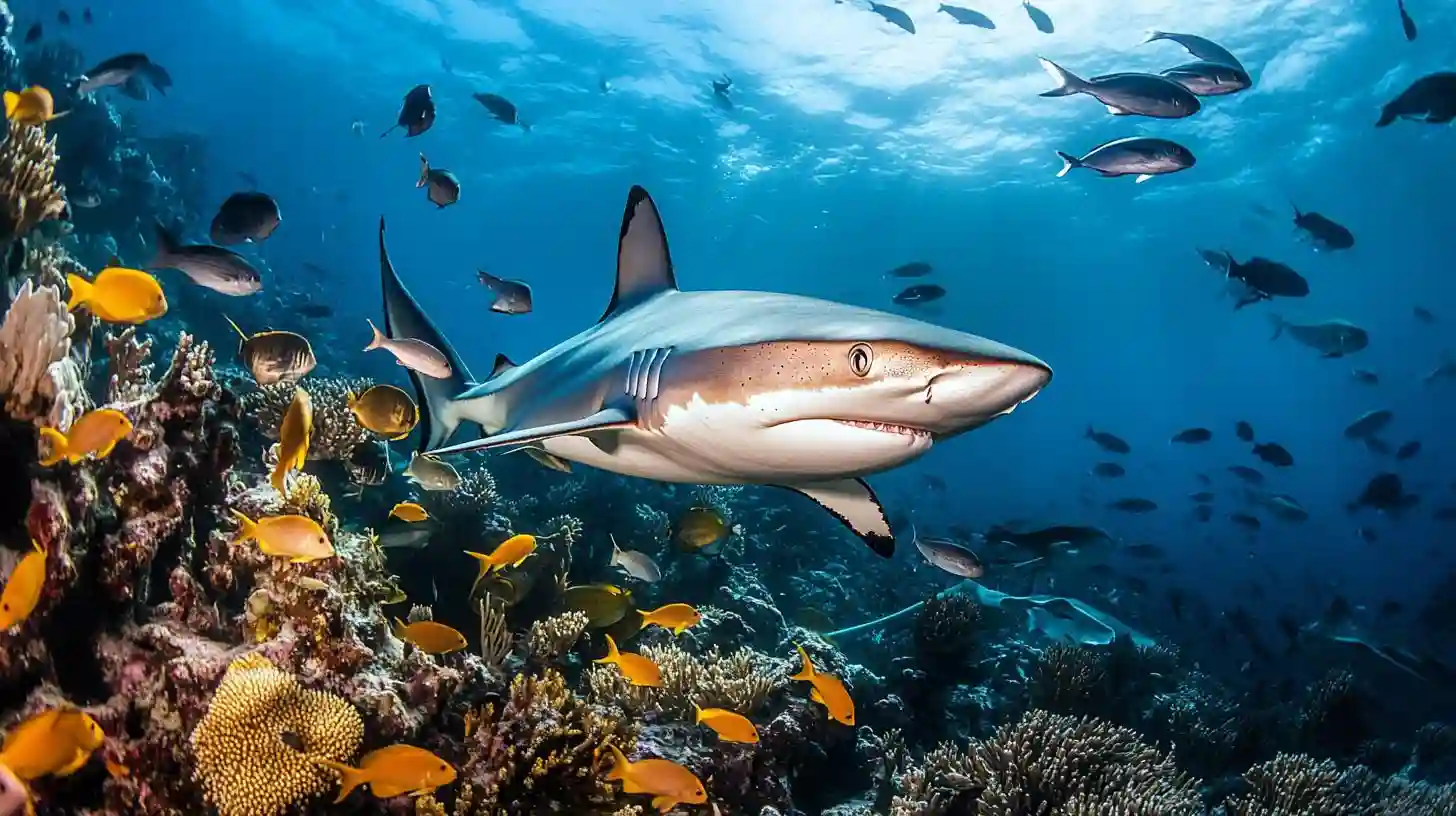
Sharks have long been an integral part of marine ecosystems, playing crucial roles as apex predators. Their presence helps maintain the balance within the ocean's food web, regulating the populations of other species. Over the years, however, many shark species have faced significant threats due to overfishing, habitat destruction, and climate change. The repercussions of these threats have sparked worldwide concern and action to protect and revive shark populations.
In recent years, conservation efforts have visibly taken shape across various regions, marking a positive change in the fortunes of many shark species. Governments, non-profit organizations, scientists, and local communities have recognized the pressing need to implement strategies for their protection. These initiatives have focused on establishing marine protected areas, enforcing sustainable fishing practices, and promoting public awareness about the ecological importance of sharks.
Marine protected areas have emerged as one of the cornerstones of shark conservation. By designating specific regions of the ocean where fishing and other human activities are restricted or banned altogether, these areas provide a safe haven for sharks to breed, grow, and thrive. The success stories stemming from marine protected areas reveal how the reduction of human interference can lead to the resurgence of shark populations. In regions where these conservation zones have been established, researchers have reported increased sightings of various shark species, illustrating a notable recovery in their numbers.
Sustainable fishing practices represent another critical avenue for shark conservation. The traditional fishing methods that often led to significant bycatch, the unintentional capture of non-target species, have come under scrutiny. New approaches, such as selective fishing techniques, pose a viable alternative, allowing for the continued capture of target fish while minimizing harm to shark populations. Collaborative efforts between fishermen and conservationists have led to the development of guidelines and best practices that safeguard shark species while still supporting local economies.
Education and awareness campaigns have played an essential role in shifting public perspective on sharks. Historically portrayed as fearsome predators, sharks have suffered from a negative image that contributed to their decline. Conservation groups have worked diligently to reframe this narrative, highlighting the vital roles sharks play in maintaining healthy marine ecosystems. Through community outreach programs, documentaries, and educational materials, the understanding of sharks is evolving, fostering respect and appreciation instead of fear. This shift in public perception is crucial, as it encourages responsible behavior toward marine life and increases support for conservation initiatives.
One of the most encouraging aspects of the shark conservation movement pertains to international cooperation. As sharks migrate across vast distances, conservation efforts require a concerted effort on a global scale. Agreements between countries to protect migratory shark species have galvanized platforms for collaboration. These accords aim to establish regulations that transcend national boundaries, creating a unified front behind the protection of these majestic creatures. The existence of these international treaties serves to remind that protecting our oceans and the species within them is a shared responsibility that goes beyond geographic borders.
Research advancements have also proven invaluable in shark conservation, offering insights into their behavior, biology, and ecology. Enhanced tracking technologies enable scientists to monitor shark movements, breeding grounds, and population dynamics more effectively. Understanding where sharks go and how they interact with their environment is key to implementing successful conservation strategies. Insights garnered from research efforts contribute to enhancing the efficacy of existing policies while also helping to formulate new ones.
As stakeholders continue to collaborate on shark conservation, numerous success stories emerge. Various species that were once on the brink of extinction are now exhibiting promising recovery trends. These achievements are a testament to the power of collective action, reinforcing that it is indeed possible to mend the wounds inflicted on marine ecosystems. As the efforts to protect sharks garner momentum, they encapsulate a larger movement advocating for the health of our oceans.
Encouraged by the promising outcomes of current initiatives, the conservation community remains hopeful about the future of sharks. Continued advocacy, strong partnerships, and unwavering commitment to preserving marine biodiversity will be crucial in ensuring these magnificent creatures can thrive once more in their natural habitats. The journey toward revival is ongoing, but the progress seen thus far reflects an inspiring narrative of resilience and determination—one that showcases the integral relationship between humanity and the ocean's creatures.